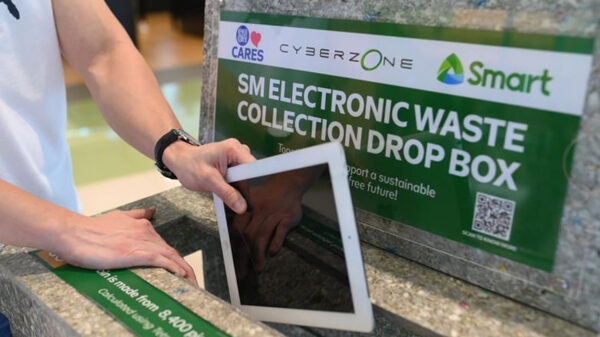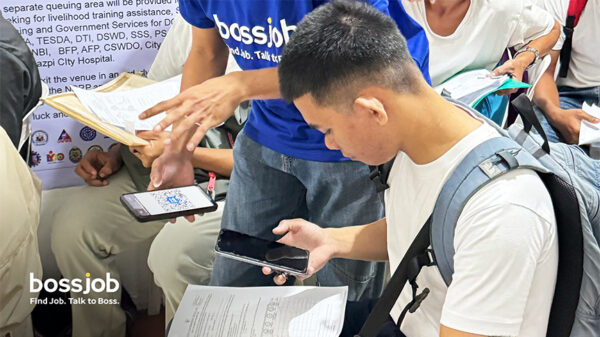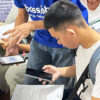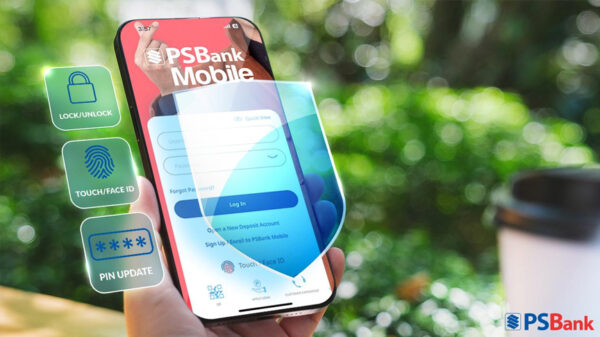Online security tops the charts as the most important factor for millennials looking to find their “Digital Comfort Zones” at home, despite the fact that over a third of them (37%) think they’re boring to be the victim of cybercrime, a new study by Kaspersky shows.
Kaspersky’s latest global report, More Connected Than Ever Before: How We Build Our Digital Comfort Zones, explores how we are changing our habits to ensure we are comfortable with the role of technology in our lives. Although millennials intend to tighten up their online security, their actions tell a different story.
With many millennials thinking they’re too boring for cybercriminals, 36% say that they nevertheless should be doing more to strengthen their digital security, but it drops to the bottom of their to-do list.
As the ‘new normal’ has forced many to work from home, the home is becoming a technological hub for millennials. They are now spending nearly two (1.8) extra hours online everyday compared to the start of the year – bringing their daily average up to 7.1 hours a day. Almost half (49%) say this increased time online has made them more aware of their digital security. Millennials are spending most of their time on social media, but almost two thirds (61%) say that the rise of online dating from home is a particular concern for their digital security.
To address these concerns, almost half (52%) of millennials now say that they only run trustworthy apps on their devices from official stores such as Apple Store and Google Play, and 49% run regular anti-virus scans on each of their devices to protect themselves. However, a mischievous streak also appears in 13% of millennials, who admitted to using their neighbors’ Wi-Fi in the past without them knowing.
“2020 has been a defining year for the digital home. With many of us all over the world in lockdown, the amount we interact with, and rely on, technology has increased dramatically. Because of this, we wanted to conduct a study that would unveil just how much this year has impacted our actions and our feelings when it comes to our digital life; what are our ‘digital comfort zones’, and what they mean to us now? It’s not a surprise that millennials, who will shape how society uses technology for years to come, are placing more emphasis on digital security – particularly as the line between work and home becomes increasingly blurred. Protecting ourselves from digital threats can be simple, and this helps us better understand how we can help optimize safety within individual digital comfort zones,” claimed Andrew Winton, Vice President, Marketing at Kaspersky.
“It is said that millennials are digital natives and this could lead to other challenges that require this group to find their own ‘digital comfort zone’. The fact that many share accommodation with flatmates can actually make them feel digitally insecure, especially at the start of cohabitation. Also their tendency to move home and work can make this feeling even worse. In this instance it is important to talk and communicate openly about these worries with flatmates: to share the costs of security software, make explicit rules for using any common devices and to get to know each other better,” commented Dr. Berta Aznar Martínez, leading psychologist – Ramon Llull University in Barcelona.
To make sure your devices and personal information remain protected on the internet, Kaspersky advises millennials to:
- Pay attention to the website’s authenticity. Do not visit websites until you are sure that they are legitimate and start with ‘https’. Try looking for reviews of sites that seem suspicious to you
- Keep a list of your online accounts so you have a full understanding of which services and websites may be storing your personal information
- Block the installation of programs from unknown sources in your smartphone’s settings and only install apps from official app stores
- Start using “Privacy Checker” to help make your social media profiles more private. It will make it harder for third parties to find highly personal information
- Use Kaspersky Security Cloud with its home network monitoring feature that can send real-term alerts and warnings to all devices in the home that are at risk, and detect Wi-Fi intruders immediately.




















































































































